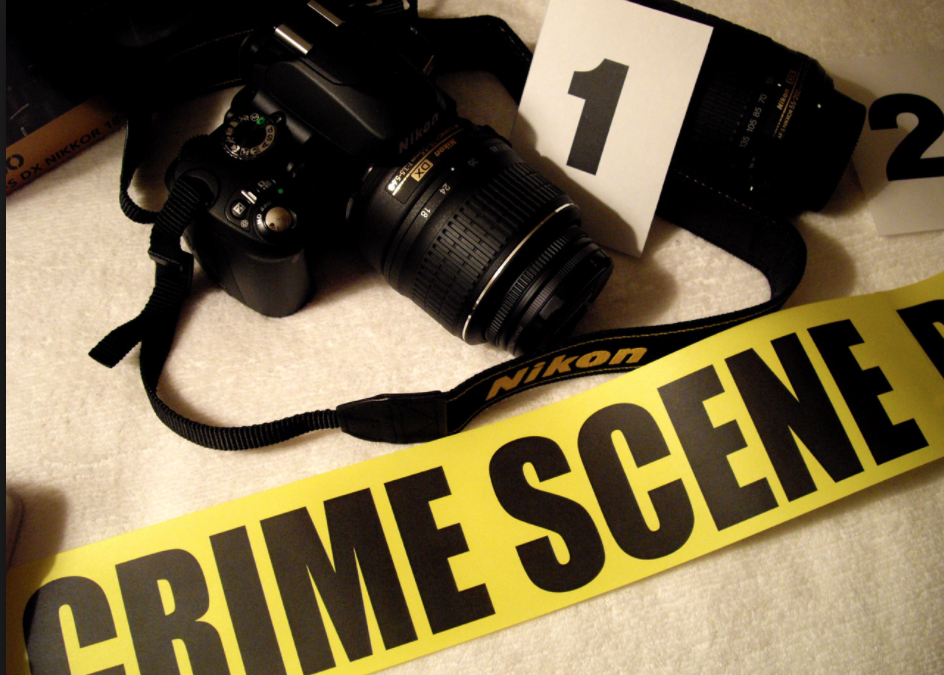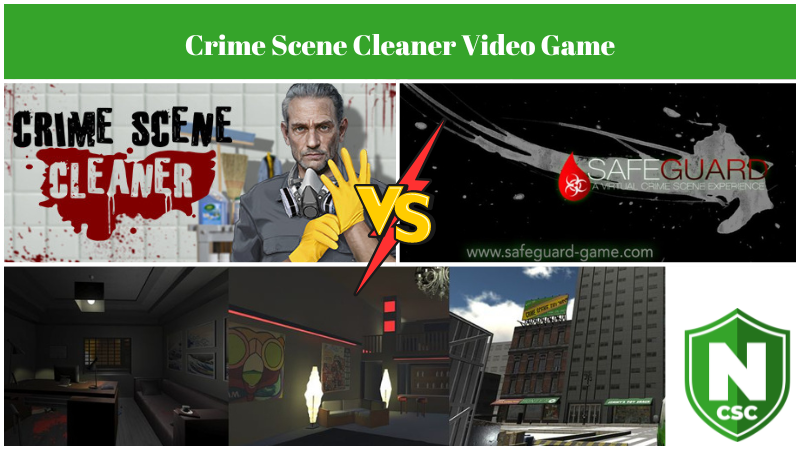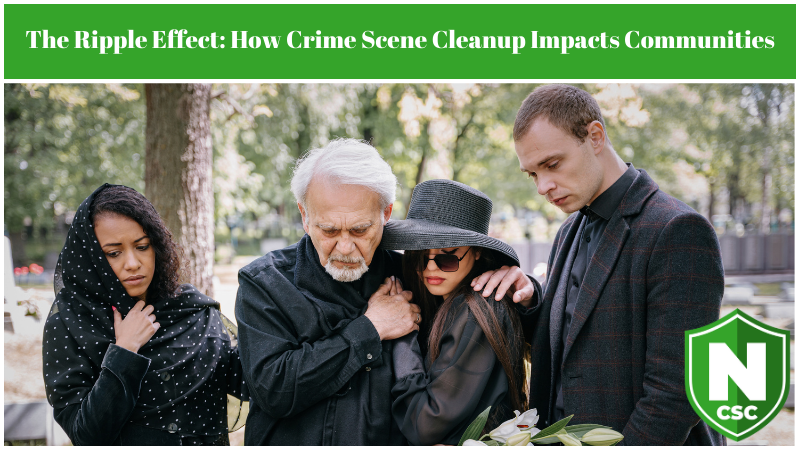My Property is a Crime Scene. Now What?

My Property is a Crime Scene
Your property has become the setting for a break-in, armed robbery, physical assault, or worse—the death a human being. Whether you were at the scene of the crime, or simply a resident, agent or the owner of the property, here’s what to expect before and after the yellow tape comes down. National Crime Scene Cleanup is the leader in these crisis cleanup situations throughout the United States.
Immediately After the Event or Upon Discovery
Unless a victim needs assistance, don’t touch anything, and call 911. If there’s a chance that you might be in danger, go to safety but inform the operator of your location.
Protect Your Well-Being and Your Legal Rights
Be aware that you might be considered a suspect if the incident on your property involved any of the following:
- Homicide (the intentional or unintentional killing of another individual; may not be a criminal act)
- Physical assault
- Rape
- Unattended death
- Suicide under suspicious circumstances
- Illegal drugs, firearms, or contraband
It might take several days for the medical examiner to rule out foul play, or longer for you to be cleared of any wrongdoing.
If you were forced to defend yourself through use of deadly force, or if the circumstances may place you under investigation or suspicion, call your attorney immediately after you call 911; she will advise you how to protect your rights. You can also ask a friend to contact an attorney on your behalf (and provide your specific location and contact number).
Another option is to request that the LEO agency provide an attorney for you.
Unless you can provide information that will save the life of another human, and you were directly involved in the incident, it’s in your best interest to decline a police interview and ask to be transported to a hospital. You can always answer their questions after you’ve received medical and psychiatric care and have consulted with your attorney.
Otherwise, once first responders arrive, follow their instructions and stay out of their way.
When Law Enforcement Cordons Off the Scene
Law enforcement officers (LEO) must protect the scene of a crime, suicide, or unattended death until a thorough investigation is completed. This may take a couple hours in a small area such as an apartment or vehicle, or several days in the case of large properties.
Yellow police tape isn’t enough to protect a scene; manpower is required to enforce the boundaries. It’s in the LE agency’s best interests to perform an efficient, accurate job as soon as possible so their officers can go back to their routine duties.
As soon as injured persons are transported for medical care, forensic photographers document any human bodies in the position of their discovery and relation to any evidence in the environment. Once the medical examiner removes the deceased, further documentation of the scene and collection of evidence continues until the scene is “released” to the owner on record.
Sometimes the owner or tenant cannot be reached, has been hospitalized, or is the discovered corpse. After the tape comes down, LEO will secure the premises and seal the door with a notice. Every reasonable effort will be made to contact the surviving property owners, tenants, or next of kin.
Retrieving and Protecting Valuables
If the cordon requires you to leave the scene, and you are not in custody, you can request a police escort to help you retrieve necessary items (clothes, pocketbook, medications, pets).
If, during the investigation, items belonging to you are removed from the property, you have the right to ask for receipts.
Victim Advocacy Programs
Should you need assistance in locating or paying for housing while your property is off-limits, ask the LEO in charge for a referral to any city, county, or state-sponsored victim’s advocacy groups. These are generally trained volunteer crisis counselors who can assist you in the aftermath of a crime, providing:
- Emotional counseling and/or comfort
- Contact information for victim’s funds or Red Cross to help with lodging, meals, and other emergency expenses
- Referrals to low-cost mental health resources for trauma victims
- Liaison between you and LEO in charge of the crime scene
- Referrals to and funding for a local crime scene cleanup company
You might think you’re simply shaken by a traumatic event, especially if you “only” experienced the discovery of the body of a tenant or a person you don’t know. The truth is, psychological trauma may not express symptoms right away, and the sooner you seek help, the better your chances of beating Post-Traumatic Stress Disorder.
When The Property is Released Back to You
Law enforcement agencies and personnel do their best to treat private property and victims of crime with dignity and care, but crime scene investigation is messy.
The detection and collection of evidence, including fingerprints and bodily fluids, leaves behind the chemicals and compounds necessary to identify, preserve, and obtain samples.
While the medical examiner will remove human bodies, the property owner is left to clean up blood, remove human tissue (flesh, bone fragments) and remediate bodily fluids typical of a trauma scene, whether the property is vacant land, a dwelling, commercial property, or vehicle.
Now’s the time to call National Crime Scene Cleanup, a fully-equipped professional cleanup service that works in an environment with the challenges you shouldn’t personally attempt. A trauma remediation service will follow OSHA regulations and safety protocols to handle biological hazards such as dangerous bloodborne pathogens and the unpleasant task of thoroughly cleaning, repairing, and returning the scene of a trauma or crime to it’s “before” condition.
Your insurance company or available victim’s assistance programs might cover all or part of the cost of crime scene cleanup, but if you’re paying out-of-pocket, you may be eligible for alternative financing, flexible payments, or fees based on a sliding scale.
Your Job is to Heal. Leave the Rest to Us
National Crime Scene Cleanup is a nationwide crime scene cleanup company specializing in the job you shouldn’t have to face at this difficult time.
Your first responsibility is the well-being of you and your family, especially if you or your loved ones experienced physical or psychological injury. Traumatic events, even those involving simple burglary, or the discovery of a corpse, are emotionally disturbing. Witnessing violent death or assault including an act of self-defense, murder, accident, or suicide, leave indelible marks on our minds long after forensic residues and unpleasant human remains have been scrubbed away.



